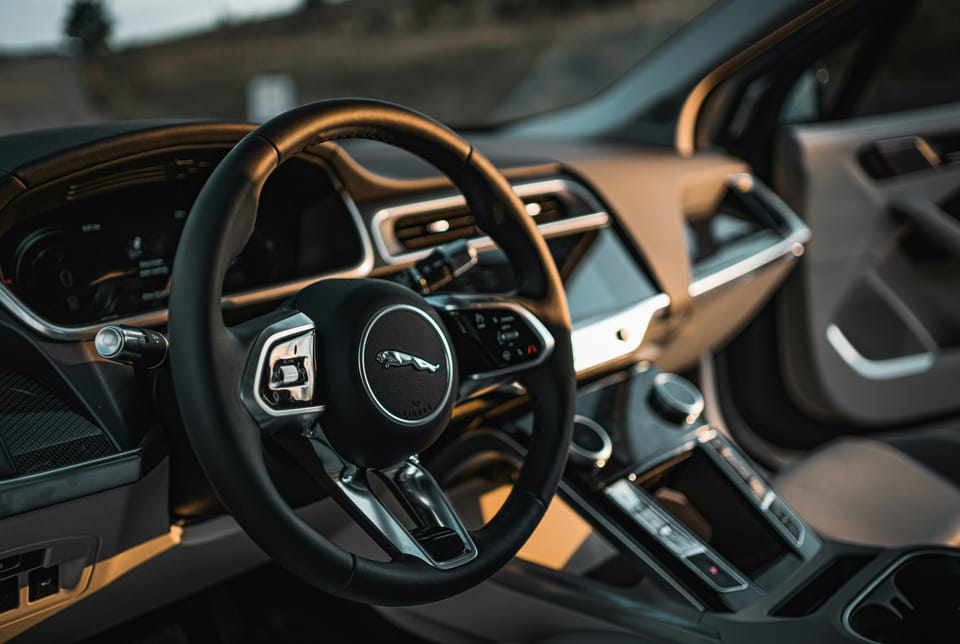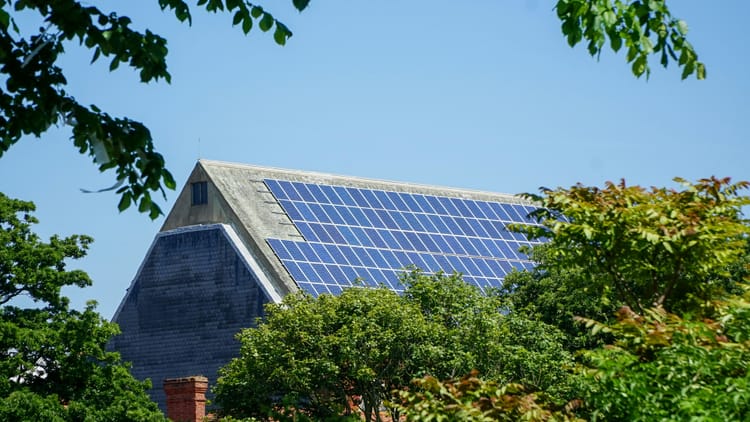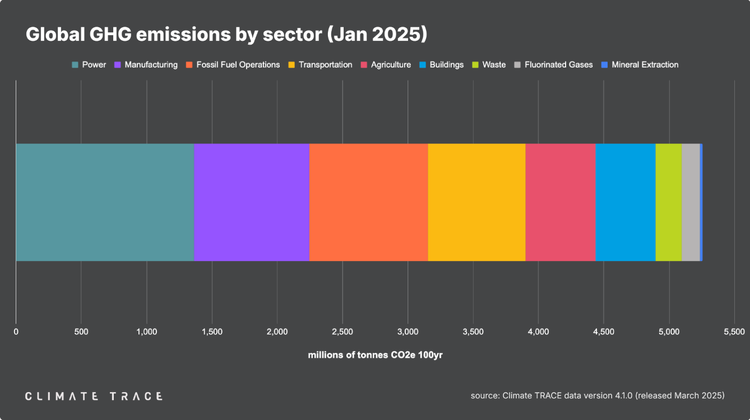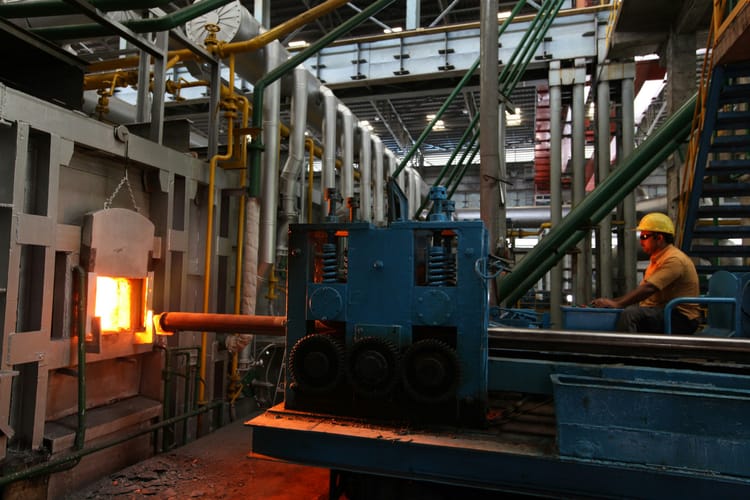Jaguar Land Rover restructures sustainability leadership

Jaguar Land Rover (JLR) has restructured its leadership team and elevated its top sustainability role by making Andrea Debbane Chief Sustainability Officer.
The governance shake-up aims to support JLR in the next phase of its transformation as the pace of electrification accelerates in the automotive industry.
As part of the restructuring, Andrea Debbane, who joined the company in August 2024 as Director of Sustainability, becomes Chief Sustainability Officer, reporting to CEO Adrian Mardell.
She held interim responsibility for JLR’s strategy department for the past few months, but these will now go to Swarna Ramanathan, who joins as Chief Strategy Officer, also reporting to Mardell.
Ramanathan was previously a Partner at McKinsey, where she led the Centre for Future Mobility. She will now lead JLR’s strategy creation, innovation, strategic foresights, alliances and collaborations and product and customer experience strategy teams.
Two new roles for transformation
Meanwhile, Steve Marsh – previously director of global manufacturing operations – is appointed Executive Director, Vehicle Programmes, reporting to Mardell. In his previous role, Marsh oversaw “an intensive period of transformation across the business’s global manufacturing footprint” as JLR started to get ready for electric vehicle production.
Finally, “to ensure the effective implementation of its strategy”, JLR has also appointed John Beswick to the new role of Chief Transformation and Performance Officer, also reporting to Mardell. He joins from Great Ormond Street Hospital where he was Chief Financial Officer.
“The transformation of the automotive sector is the greatest change in our industry in a century. Ensuring we have the right leaders, with the qualities and experience to deliver our modern luxury vision in the near‑, medium‑ and long‑term will ensure JLR’s future health and prosperity,” said Mardell.
Jaguar Land Rover electrification goals
JLR aims to offer all its models in an electric version by the end of 2030, as it works towards its goal to reduce absolute scope 1 and 2 GHG emissions by 46% and scope 3 GHG emissions intensity by 54% in the same time frame.
In September, the company announced a £500 million investment in new production lines, machinery, people and digital technology to prepare its Halewood factory in the UK for electric vehicle production in parallel to internal combustion and hybrid engines.







Member discussion